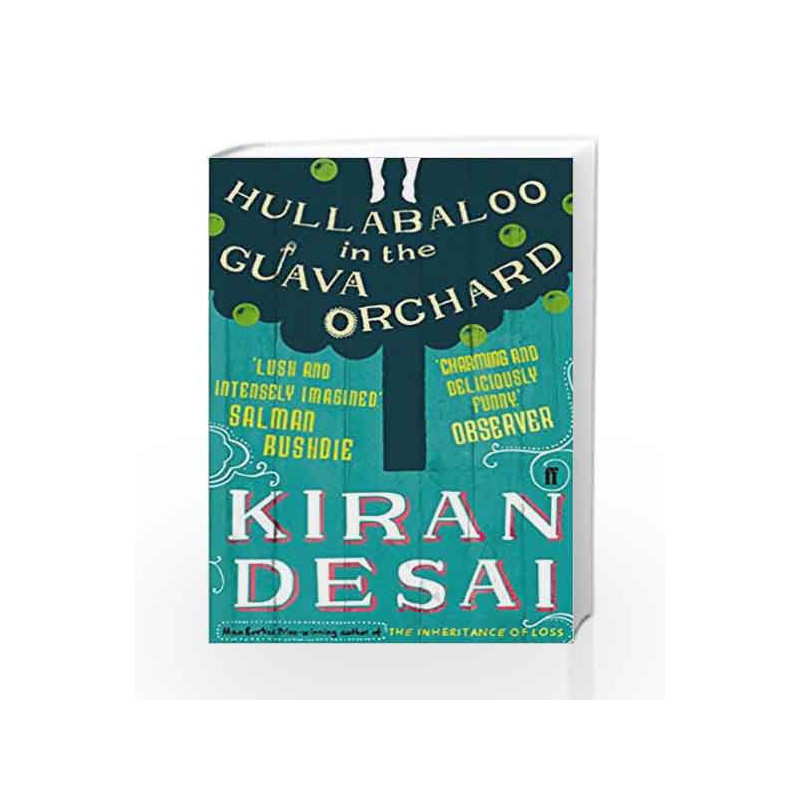
It’s not long before Sampath features in the local news and papers. Chawla, assuming this must be the great fate Sampath was destined for, starts looking for ways to make money from his son’s prophet-like gifts. Sampath’s fame continues to grow, and crowds gather around the tree every day to hear him speak and offer what they believe to be psychic insights. When he begins questioning these passers-by about their daily lives, they imagine he is a holy man with psychic powers as he knows so much about them – they don’t know, however, that he learned everything from their postcards and letters, and Sampath doesn’t correct them. Sampath, however, has no interest in marrying anyone, and his dismissal of the girl results in growing curiosity from townsfolk who pass by him every day. Alarmed by how much time Sampath begins spending in the guava tree, his family decides to arrange a marriage for him. He embraces the sweetness of the fruit and the tranquillity of the view. Atop this tree, he feels comfortable and at peace for the first time. To pass the time and hide from reality, Sampath climbs a guava tree.

But when a drunken episode of disrobing results in Sampath losing his job, he doesn’t know where to turn for solace. To pass the time, Sampath reads the postcards and letters sent out and imagines a life beyond Shahkot. Chawla, secures a job for him at the post office as a clerk. Sampath struggles with the pressure his family and the town place upon him, dreaming of escaping it all. Unfortunately for Sampath, these lofty expectations only lead to him becoming irresponsible and more disillusioned the older he grows. Born the same night the drought ends, Sampath’s suffering is twofold – not only must he live up to high expectations placed upon only sons in India, but his auspicious birth signifies he is destined for great achievements. His mother, Kulfi, is especially relieved at the end of her pregnancy – after attracting town-wide attention for how much she ate during the pregnancy, she hopes all will return to normal. The protagonist, Sampath Chawla, is born during this drought. The novel begins during a historic heatwave, the intensity of which makes the people of Shahkot, a province of Punjab, miserable.


Desai later won the 2006 Man Booker Prize for her second novel, The Inheritance of Loss.

Published in 1998 by Faber and Faber, Hullabaloo in the Guava Orchard received the Betty Trask Award. Desai, the daughter of renowned author Anita Desai, wrote the book to great critical acclaim, receiving praise from notable authors, including Salman Rushdie. Set in remotest northern India, this contemporary novel tells the story of a young dreamer who finds unexpected fame after a single moment of contemplation results in his whole town deciding he is the holy man they’ve been waiting for. Hullabaloo in the Guava Orchard is Kiran Desai’s debut novel.


 0 kommentar(er)
0 kommentar(er)
